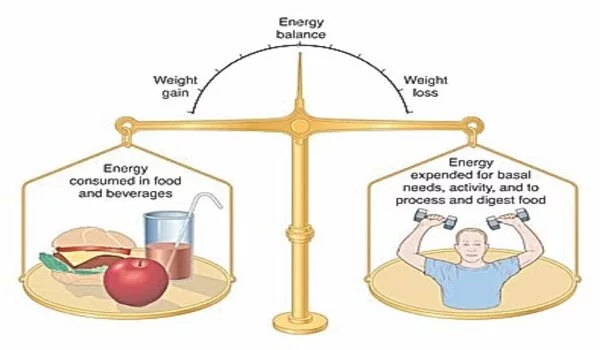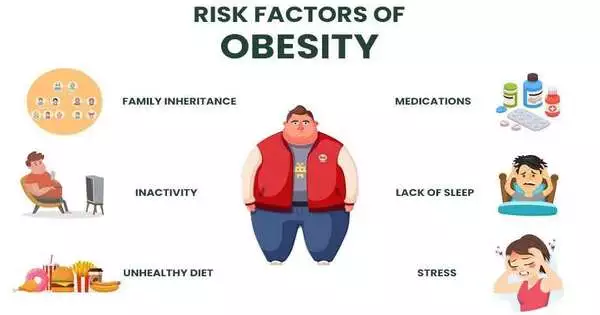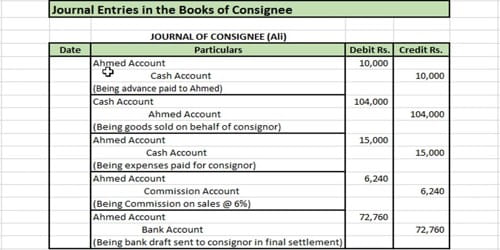Individuals with obesity may have a lower energy expenditure than those with a lower body weight. According to one study, people who are healthy weight use more energy during the day, when most people are active and eating, whereas those who are obese spend more energy at night when most people sleep. Researchers also discovered that those with obesity have higher levels of the hormone insulin during the day, indicating that the body is working harder to use glucose, an energy-packed sugar.
According to new research, weight influences how and when our bodies burn energy.
An Oregon Health & Science University study published in the journal Obesity discovered that people with a healthy weight use more energy during the day, when most people are active and eating, whereas those with obesity spend more energy at night when most people sleep. The study also discovered that those with obesity have higher levels of the hormone insulin during the day, indicating that the body is working harder to use glucose, an energy-rich sugar.
It was surprising to learn how dramatically the timing of when our bodies burn energy differed in those with obesity. However, we’re not sure why. Burning less energy during the day could contribute to being obese, or it could be the result of obesity.
Andrew McHill
“It was surprising to learn how dramatically the timing of when our bodies burn energy differed in those with obesity,” said the study’s first author, Andrew McHill, Ph.D., an assistant professor at the OHSU School of Nursing and the Oregon Institute of Occupational Health Sciences at OHSU. “However, we’re not sure why. Burning less energy during the day could contribute to being obese, or it could be the result of obesity.”
Obesity is defined as having a Body Mass Index, or BMI, of 30 or more. Being overweight or obese increases the risk for health conditions such as high blood pressure and Type 2 diabetes.
Schedules and when people sleep, eat and exercise can also affect health, by either complementing or going against the body’s natural, daily rhythms. Every 24 hours, people experience numerous changes that are triggered by the human body’s internal clock. These changes normally occur at certain times of the day in order to best serve the body’s needs at any given hour.

McHill and the study’s senior author, Steven A. Shea, Ph.D., director of the Oregon Institute of Occupational Health Sciences at OHSU, focus their research on how circadian rhythms and sleep impact the human body. McHill leads theOHSU Sleep, Chronobiology, and Health Laboratory.
While previous research has suggested that circadian rhythm misalignment affects energy metabolism and glucose regulation, those studies have mostly included healthy-weight participants. McHill, Shea, and colleagues organized a study with people of various body sizes to investigate this further.
A total of 30 people volunteered to take part in the study, which required participants to spend six days in a specially designed circadian research lab. The study followed a strict circadian research protocol that included a schedule that required participants to be awake and sleep at different times throughout the day.
Following each period of sleep, volunteers were awakened to eat and participate in a variety of tests for the remainder of the day. In one experiment, participants exercised while wearing a mask connected to an indirect calorimeter, which measures exhaled carbon dioxide and helps estimate energy consumption. Blood samples were also taken to measure glucose levels in response to an identical meal served each day.
Following that, the researchers intend to investigate eating habits and hunger in both obese and healthy individuals. This new study will also follow up on a 2013 study led by Shea that discovered circadian clocks naturally increase food cravings at night.
















